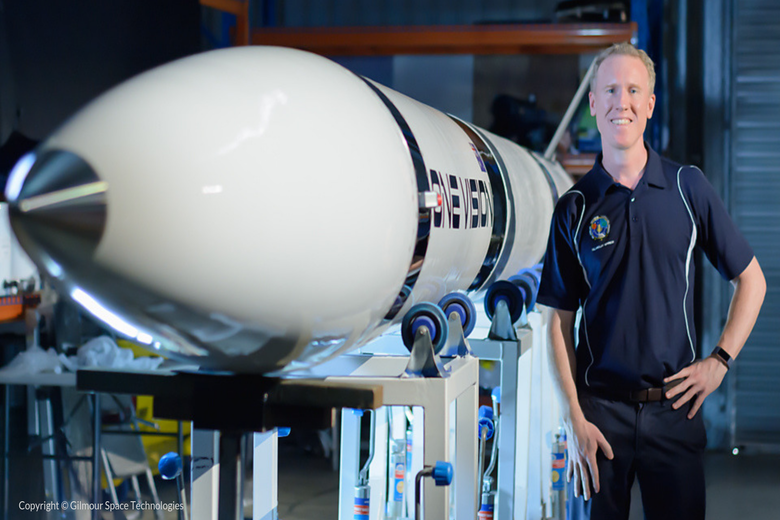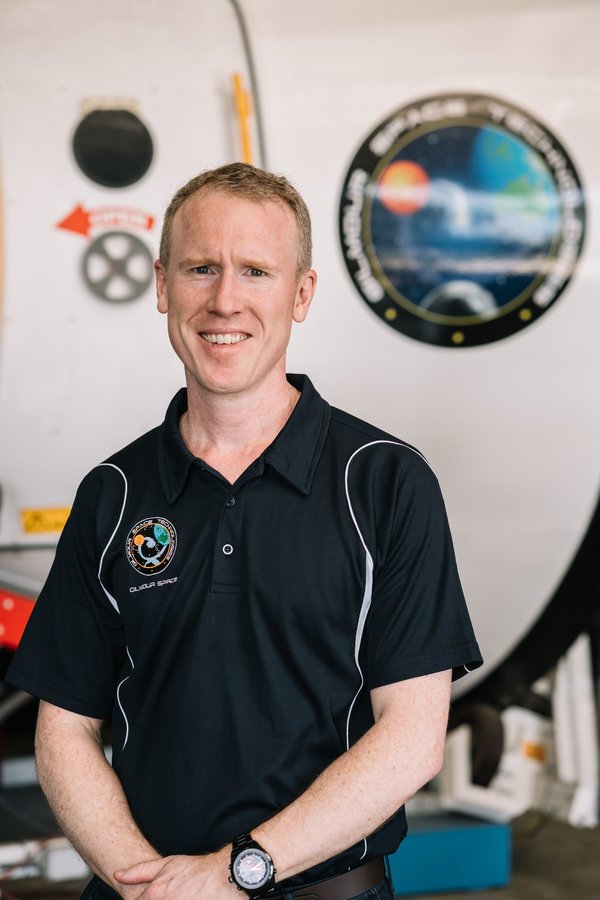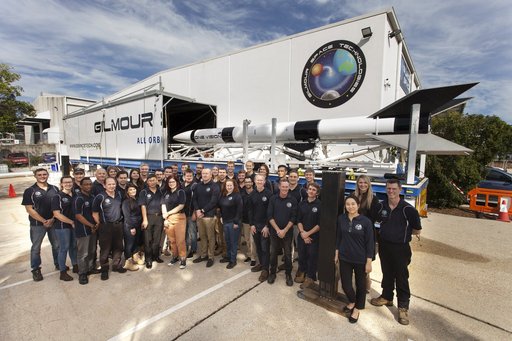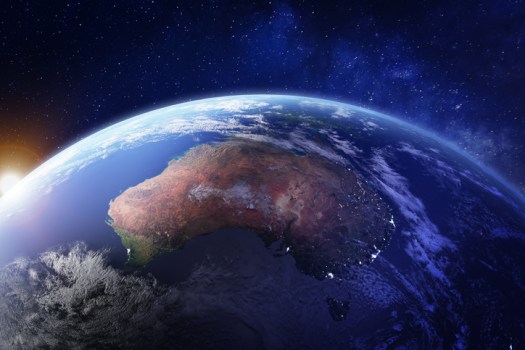
A Gold Coast rocket company has entered into a strategic agreement with Defence to develop rockets capable of launching spy satellites into space.

Gilmour Space Technologies will work with Defence Science and Technology (DST) to develop a three-stage hybrid rocket that will launch small satellites by 2022, the government announced on Thursday.
CEO and co-founder Adam Gilmour told Government News the government is interested in using the satellites for communications, bushfire and monitoring and defence intelligence.
“They don’t have to be mega spy satellites,” he said. “You can have small satellites with cameras that can detect boats, or a change in a scenario.
“The change in technology has meant that satellites have become smaller and more capable, so you don’t need these bus-sized satellites any more.”
First privately developed hybrid rocket
Gilmour Space has been developing its capabilities for launching satellites since Mr Gilmour, a former managing director at Citibank with a lifelong obsession with space, and his brother James established it in 2012.
The venture-funded company began a rocket program in 2015 and in July 2016 launched Australia’s first privately developed hybrid rocket from the outback in what was a world-first flight demo of 3D printed fuel.
In July 2019 an attempt to launch its One Vision test rocket failed in at a remote site in Queensland, but the company was able to successfully demonstrate its mobile launch system.
“We learnt a heck of a lot putting that rocket together and we put all of the learnings into the next rocket,” he said.
The company inked an agreement with NASA in Feb 2018 to collaborate on space technology and development, and it was awarded $3.5 million in R&D grants in February.
It now has funding worth $26 million, 50 employees and launch sites in Australia and the US.
Australia’s space industry remains in its infancy but Gilmour Space is one of five Australian venture capital backed companies working on space technologies. It is the only one working on rocket development of this scale.
Mr Gilmour told an innovation conference in March that he believes Australia can replicate the success of US entrepreneur Elon Musk’s SpaceX aerospace company, which is worth $US33 billion and employs 9,000 people.
“We can replicate a lot of that success in Australia with the right amount of government sponsorship in the short years ahead,” he said.
Future opportunities
Mr Gilmour says space tourism and asteroid mining hold huge potential and he predicts that by 2030 “thousands” of people will be travelling to space every year.
It’s a future he wants to be part of.
“Beyond space tourism we want to be involved in human space flight. It sound like science fiction but I’m convinced that there will be colonies on the Moon and and Mars, and we want to be part of that”, he told Government News.
“It’s just a matter of time and focus and money.”

Opening a door for home grown space industries
Defence Industry minister Melissa Price said the current agreement, which will provide Gilmour with expertise and free technology licensing, would open the door for Australian space companies to provide space capabilities to government and commercial customers.
“Recent advancements in the capabilities of micro and nano-satellites, small satellite constellations and additive manufacturing present a unique opportunity for Defence and Australian industry,” she said in a statement.
But Mr Gilmour says more government investment is needed in the local space industy, especially for infrastructure like launch sites. Australia currently doesn’t have a launch site although two are in development in SA and the NT.
“We have no government investment into these launch sites,” he told the March conference.
“We look at launch sites as the same kind of infrastructure as airports, train stations, bus depots. In the rest of the world that’s how governments look at this type of infrastructure.”
The Space Agency announced last year it was investing $150 million to help the Moon and Mars missions.
Comment below to have your say on this story.
If you have a news story or tip-off, get in touch at editorial@governmentnews.com.au.
Sign up to the Government News newsletter
One thought on “Defence partners with Aussie ‘Elon Musk’”
Leave a comment:
Most read
Scathing report finds little has changed at PwC
Qld council welcomes progress on massive battery system
Inquiry to consider how federal govt can address councils’ sustainability issues
‘Local’ procurement turns out not to be so local, committee hears
Another report finds local government falling down on cyber security

Let’s hope for an easy and useful collaboration!